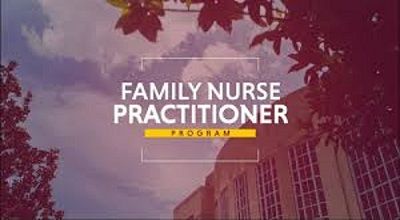How to Become a Psychologist
A psychologist is a professional who studies the mind and behavior of humans and, in some cases, animals. Psychologists typically work in various settings, including research institutions, schools, businesses, and healthcare facilities. They use scientific methods to understand and analyze behavior, emotions, and mental processes.
Psychologists may specialize in different areas, such as clinical psychology, counseling psychology, developmental psychology, social psychology, and more. Clinical psychologists, for example, often work with individuals experiencing mental health issues, providing therapy and counseling.
Experimental psychologists may research to better understand various aspects of human behavior. The field of psychology encompasses a wide range of topics and approaches, and psychologists may use various research methods, including experiments, surveys, and observations, to explore and understand the complexities of the human mind and behavior. Becoming a psychologist is a journey that involves several key steps.
Here’s a straightforward guide for beginners:
Understand the Role: Psychologists study mental processes and human behavior by observing, interpreting, and recording how people relate to one another and their environments. They can work in various settings, including schools, hospitals, and private practices.
Educational Path:
- Bachelor’s Degree: Start with a bachelor’s degree in psychology or a related field. This usually takes four years. Your coursework should include psychology basics, statistics, and research methods.
- Master’s Degree (Optional in Some Fields): A master’s degree in psychology can be the next step, especially for specialized fields. This takes about two years and involves more specialized training.
- Doctoral Degree: To be a licensed psychologist, you typically need a doctoral degree, either a PhD in Psychology or a Doctor of Psychology (Psy.D). This can take 4-7 years and includes advanced coursework, research, and practical experience.
- Gain Relevant Experience: During your studies, look for internships or volunteer opportunities to gain practical experience. This can be crucial for your doctoral program applications and future job prospects.
- Licensing: After completing your doctoral degree, you need to get licensed to practice in your state. This involves passing the Examination for Professional Practice in Psychology (EPPP) and meeting any additional state requirements, like supervised professional experience.
- Continued Education: Psychology is a field that constantly evolves, so psychologists often engage in continuing education to stay updated on the latest research and practices.
More here…
- Career Paths: With your license, you can pursue various careers in psychology, such as clinical psychology, counseling psychology, school psychology, or research psychology. Each path has its focus, like working with specific populations or conducting research.
- Specializations: Consider specializing in areas like child psychology, neuropsychology, or health psychology. Specializations typically require additional training and certification.
- Network and Grow Professionally: Join professional organizations like the American Psychological Association (APA) to network, find resources, and grow professionally.
Summary
In summary, the path to becoming a psychologist requires dedication and a passion for understanding human behavior. It’s a rewarding career that allows you to make a significant impact on individuals’ lives and society.





